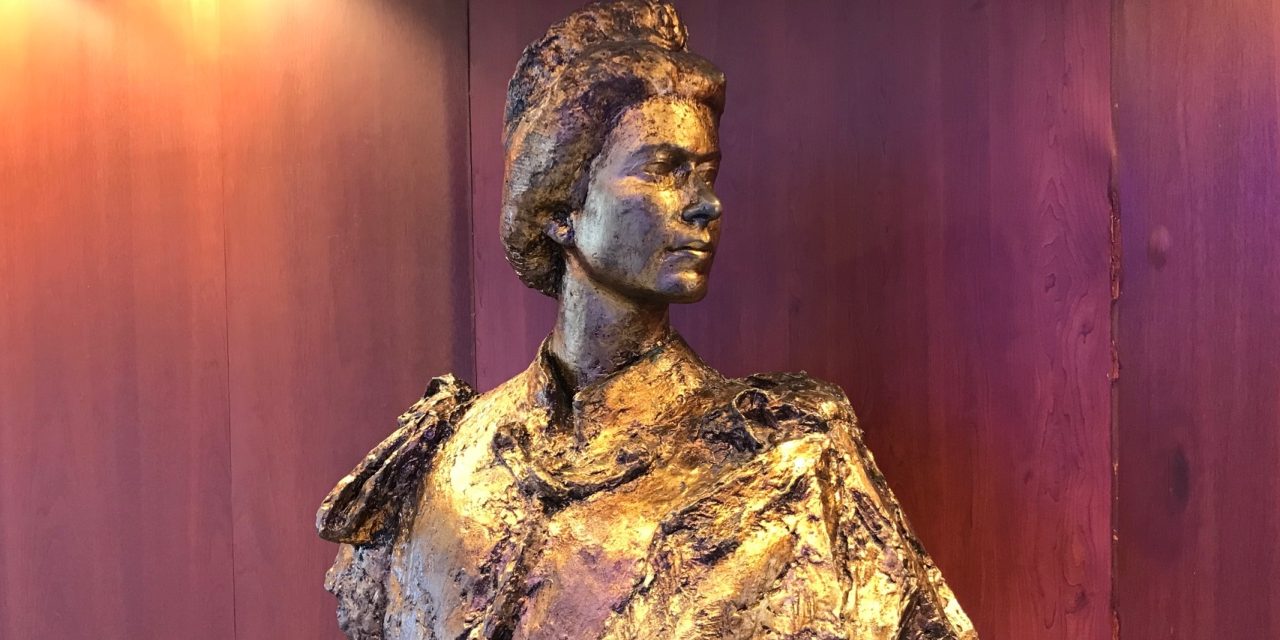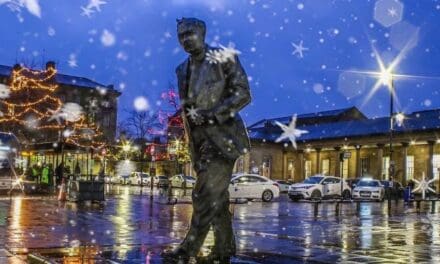By Andy Hirst
The Queen has been on the throne for 70 years and in that time our lives have changed beyond all recognition.
We all know the huge technological changes that people could never have foreseen in 1952 – computers, mobile phones, TV and entertainment – you get the picture.
But there have also been a lot of ‘unsung heroes’ along the way that have made our lives so much better.
And then there are a few flops and missed chances when things could have been made better, but ultimately weren’t.
So here we have a selection of the good, the bad and the plain old ugly of how our lives have changed since the Queen’s coronation. Hopefully it will provoke a few memories and talking points.
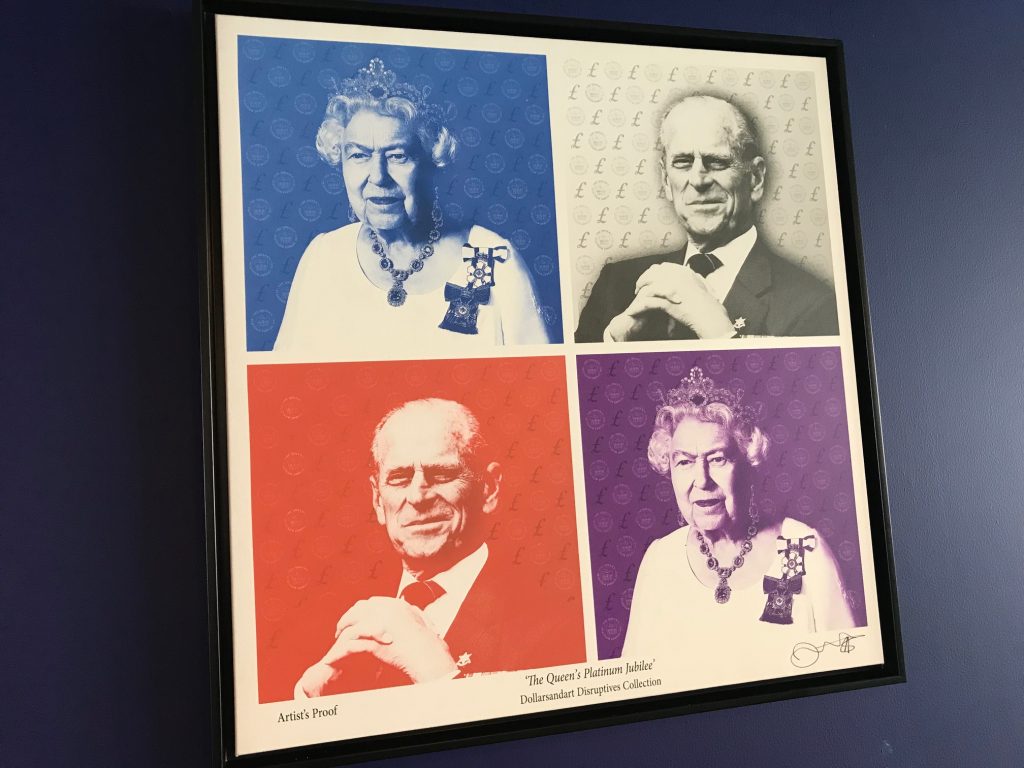
Health and safety: We’ve all heard the phrase ‘health and safety gone mad’ but if you were a child born in the 1950s, 60s or 70s it’s a wonder you ever survived!
Back then new mums would think nothing of putting their babies outside the house in prams; cars had no seatbelts; pregnant women would happily smoke and drink; passive smoking everywhere; no-one wore bike helmets so if you fell off you’d be expected to learn from it and not fall off again; and young people regularly hitch-hiked and got into strangers’ cars…
So, perhaps after all, life is better now we are more safety-conscious.
Food: In 1952 there was no such thing as convenience foods in housewives’ minds – and we use that somewhat outdated word intentionally as most couples were married, the man went out to work and his wife looked after the home and fed the family.
So, yes, it was convenient for everyone except the lady of the house who was expected to cook the meat and two veg every day … often at lunchtime. Convenience foods started to take off in the 1970s – think of Findus crispy pancakes or a Vesta ready meal which could be chicken supreme, a beef curry or a chow mein.
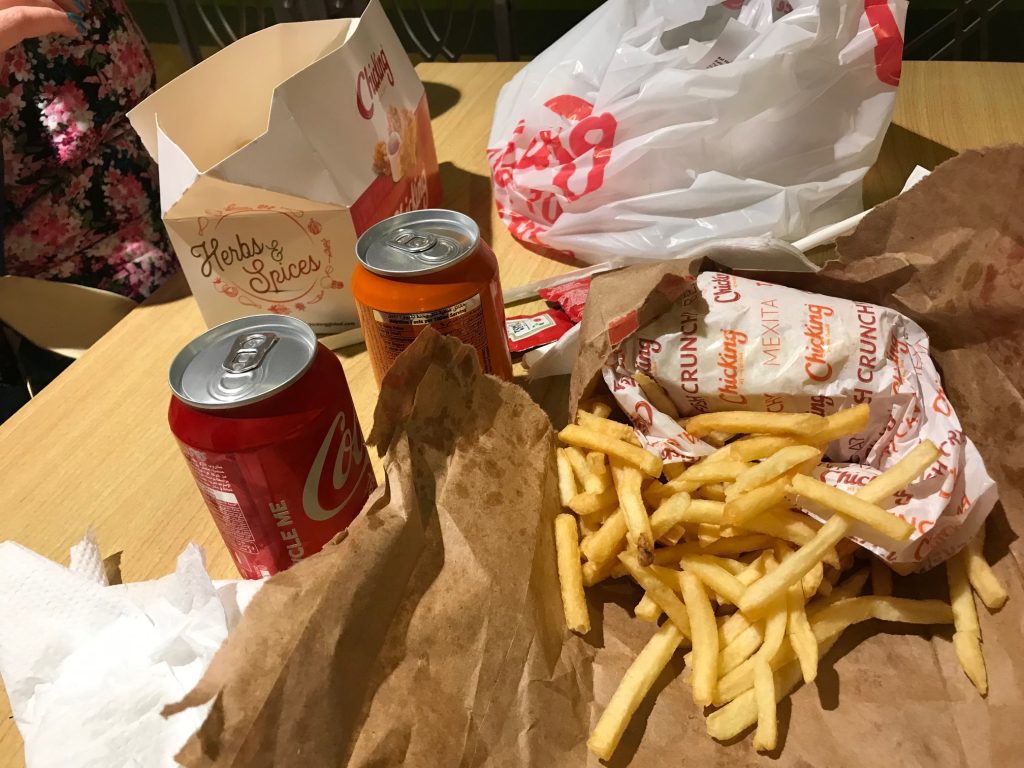
It’s fair to say our taste buds have come on a long way since then but the ultimate convenience food now must be pizza – switch the oven on, bung it in and it’s ready in 20 minutes for the entire family while you treat yourself to a glass of not-so-well-earned wine.
In the 1950s the only takeaway in town was fish and chips. Now you can get just about anything your tastebuds desire. So the massive choice in food has to be a big plus.
Talking about conveniences: At the dawn of the 1950s almost half the homes in the UK had no bathroom … just a portable bath and an outside toilet. In 2010 it was estimated that 40,000 homes STILL had an outside loo.
The Queen took over the throne (every pun intended) on February 6, 1952 after her father, King George VI died from lung cancer. How many people would have read that story in the newspaper sitting on a very cold outside toilet?
And when you think things couldn’t get any worse someone then invented that hard Izal toilet paper that was medicated with disinfectant. The newspaper would probably have been better so our first ‘unsung hero’ invention has to be soft toilet paper coupled with inside bathrooms.

Disposable nappies: A very bitter-sweet invention as it saves busy and harassed parents a load of time and effort but then heaps that ‘hit’ onto the environment. Recent research shows that just 5% of parents still use reusable cloth nappies or something similar. For the rest, their disposable nappies go in the bin and then into landfill. So, nappies have to be a good invention yet come with a big but (forgive the pun).
Tights: The age of the stockings and suspenders were replaced in the 1960s – probably due to the boom in the mini skirt – with the convenience, comfort and warmth of tights. Women love them … and rightly so. As for men, they may think differently …
The numbers game: Useless at maths? Hate adding up and is multiplication even worse? How on earth did the world cope without the first handheld calculator brought out by Texas Instruments in 1967. Makes you think a lot of people might have been wrongly charged in shops before then.
Fashion: Prim and proper in the 1950s with headscarves and dresses for the ladies and hats and suits for the gents and remained as sharp as a pin in the early 60s before life changed forever towards the end of the decades with a hippy vibe, denim then 70s fashion with the platform shoes, several-buttoned waistband trousers and huge-collared shirts, followed by punk in the late 70s, glam rock in the 1980s and since then it’s become kind of settled with people wearing what they want. Any rule books that may have been around in earlier years have been well and truly thrown out of the window.
So, fashion’s a big hit. Wear whatever you want.

Road travel: There was a time when the open road was an enjoyable experience … especially in the 1950s and 60s when there were far fewer cars about and you could get somewhere without being stuck in traffic. Over the years car ownership and the boom in freight transport by road along with a lack of foresight – the Government could have built wider motorways in the 1960s but chose not to – has led to our clogged main roads and motorways, endless queues, wasted hours and that’s before all the pollution vehicles churn out.
Now the Government is spending a fortune turning three-lane motorways into four but a classic of too little, too late if there ever was one.
Train travel: The age of steam trains finally bit the dust in the late 1960s being replaced with diesel or electric engines. The hugely controversial Beeching Report in 1963 closed thousands of miles of track and hundreds of stations – at the time the British railway system was losing £100m a year as people turned to travel by road – but people fought hard to save parts of the railway and some lines that were saved are now crucial to the railway network and have seen major investment in recent years.
Railway companies have been privatised leading to a complex pricing system and it’s usually too expensive for families so the train all too often adds to the strain rather than ‘taking the strain.’ The network is way behind other countries with super-fast and reliable services.
So rail travel is a confused hotchpotch that’s sometimes a hit but mainly a miss.
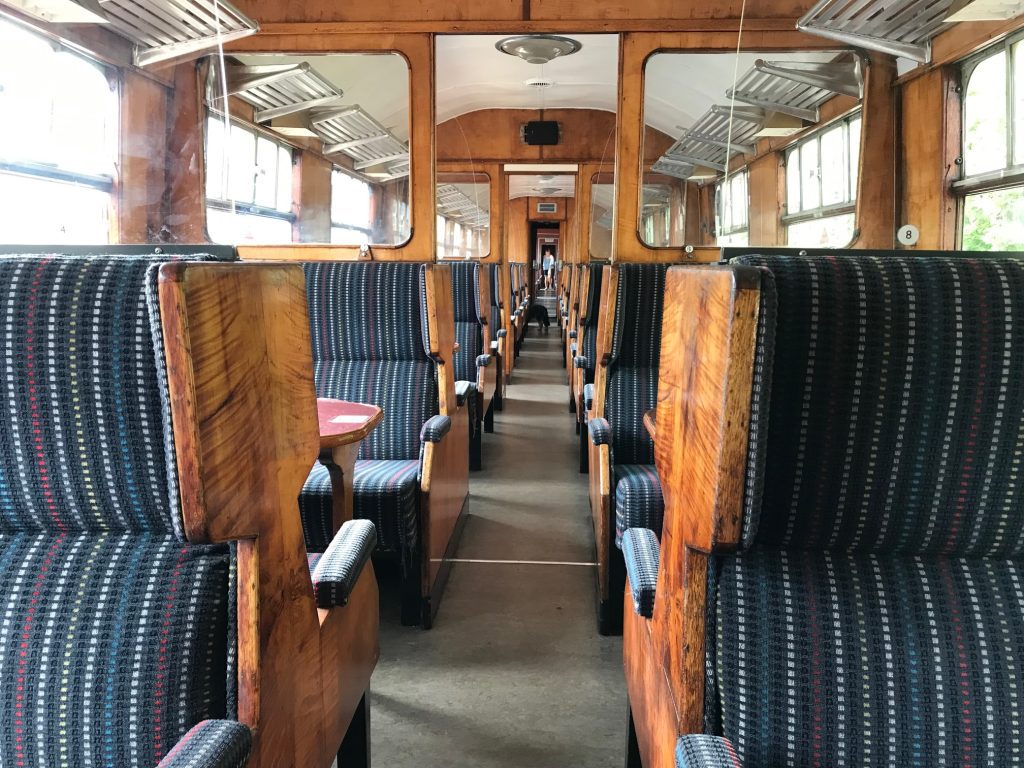
Music: When Elizabeth became Queen Mario Lanza was number one in the charts with The Loveliest Night of the Year. Music was soft, gentle, relaxing – nay, even soothing then. Ever since it’s been shaken up with all the vigour of a cocktail shaker in a washing machine with everything from rock n’ roll though punk, glam rock, heavy metal, soul, jazz, rap and grime – the list is endless.
Music has transformed our lives with the choice and how we listen to it has evolved from records to cassettes to CDs to live streaming. The 80s had the ghetto blaster. Now everyone walks around in their own little musical world courtesy of tiny high performance earplugs. The only thing they’re blasting is their own ears.
Music is a massive part of our lives and has come an awful long way over the Queen’s reign.
Mobile phones: Remember the old red phone boxes where you had to jam in 2p pieces as the annoying pips sounded every few seconds to indicate your time was running out? The mechanism was so clumsy you virtually had to bash the money in with a hammer.
Never mind 70 years ago, just 30 years ago we could never have foreseen that we now run our lives on a small mobile device that can livestream TV, give us more information than the entire Encyclopedia Britannica at our fingertips and listen to a music catalogue through Spotify that would probably fill Buckingham Palace. And, apparently, some people even make calls on them.
So, the not-so-humble mobile phone has to be the greatest invention over the last 70 years.
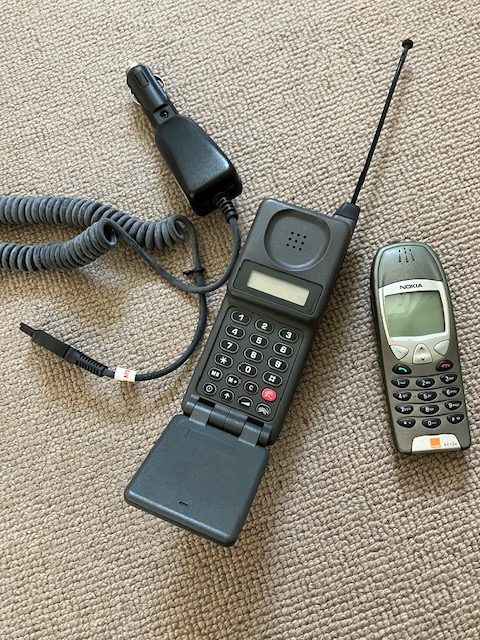
Health: The pandemic over the last two years and the incredibly quick way vaccinations were researched, developed and used shows just how far medical science has come. But back in the 1950s thousands of people were dying every year from polio until the polio vaccine was invented in the early part of the decade and has led to polio being eradicated worldwide.
The NHS remains the greatest gift a nation has ever given itself.
Law and order: Police started using DNA in the mid-1980s and the genetic testing through blood and other body fluids, skin and hair can point the finger at a suspect with around 95% accuracy. It’ll have saved a fortune in court cases – basically many perpetrators are caught ‘bang to rights’ with it so have no option but to plead guilty – and probably stopped many potential miscarriages of justice.
Crime-fighting harnesses new technology so villains find it ever harder to get away with it.
The odd flops: We’ve had a few inventions that looked promising and then were quickly dumped by a not-so-impressed public. Remember the C5 battery-powered electric tricycle in 1985? But it was very expensive at £400, could only travel at 15mph, its driver was at the mercy of the weather and it was so low other traffic couldn’t see it.
Also the Segway scooter in 2001 which we should all have been using to get around by now but has ceased production. Again, it was expensive and where could you ride it as it was dangerous on pavements, unsuitable for the road, a heavy machine and anyone who rode one was instantly labelled as lazy.
All those arguments are coming around again with electric scooters but we suspect they’ll end up being more of a hit than a miss.
Whatever you’re doing this extended Bank Holiday weekend, it’s worth taking a moment to reflect on how life has changed over the last 70 years and how one remarkable woman has been at the forefront and centre of our national life through an unprecedented seven decades. Happy platinum jubilee, Ma’am!
* Written by ANDY HIRST who runs his own Yorkshire freelance journalism agency AH! PR (https://ah-pr.com/) specialising in press releases, blogging and copywriting. Copyright Andy Hirst.


